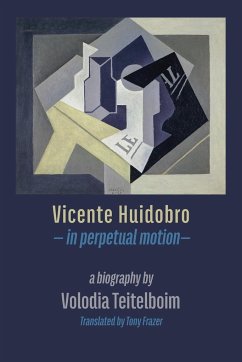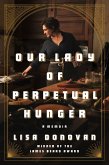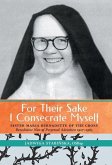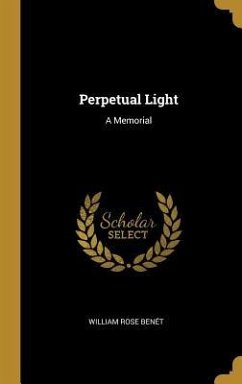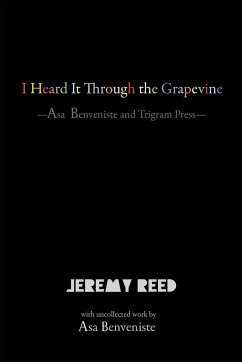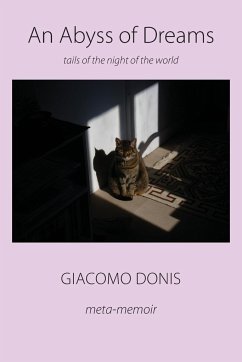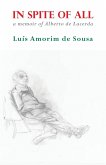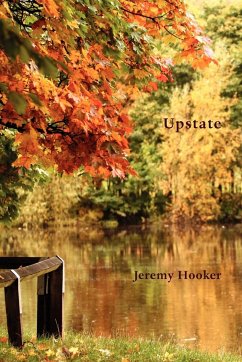The Chilean poet Vicente Huidobro (1893-1948) is one of the most important figures in 20th-century Hispanic poetry and, with César Vallejo, one of the pioneering avant-gardists in Spanish. Originally from an upper-class Santiago family, Huidobro was fortunate to have the means to support himself and his family while he found his artistic way. After an early phase writing in a quasi-symbolist style in his native city, he moved to Paris and threw himself into the local artistic milieu with a passion, quickly publishing two full-sized collections and four chapbooks in 1917-18, and then a French-language selected poems in 1921. Influenced initially by Apollinaire, Huidobro befriended forward-looking French writers such as Reverdy, Cocteau and Radiguet, as well as the Spanish expatriate artists, including Picasso and Juan Gris.He was to reach his artistic maturity in 1931 with the publication of two masterpieces: the long poem, Altazor, and the book-length prose-poem Temblor de cielo (Skyquake). Two further original collections and an extensive Selected followed during his lifetime, all published in Santiago. While he also published successful novels and plays, it is for his poetry that he is best remembered today. Volodia Teitelboim's impressionistic biography of Huidobro was first published to coincide with the poet's centenary in 1993, and has the advantage of being written by someone who actually knew him, and many of the other significant figures in Chilean poetry of the 1930s and later. As the author relates in the course of the book, he started out as, and remained, a fan of the poet's work, but he is commendably clear about Huidobro's many personal faults - and about the causes of the breakdown in his own relationship with him.
Hinweis: Dieser Artikel kann nur an eine deutsche Lieferadresse ausgeliefert werden.
Hinweis: Dieser Artikel kann nur an eine deutsche Lieferadresse ausgeliefert werden.
